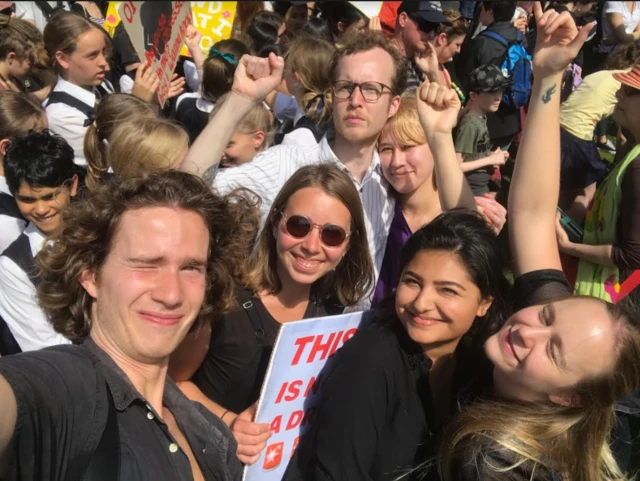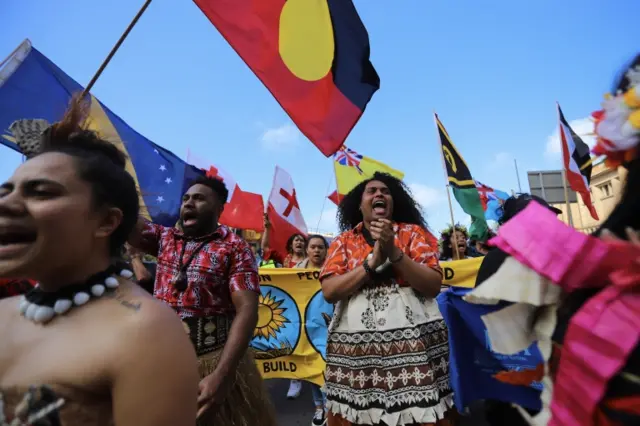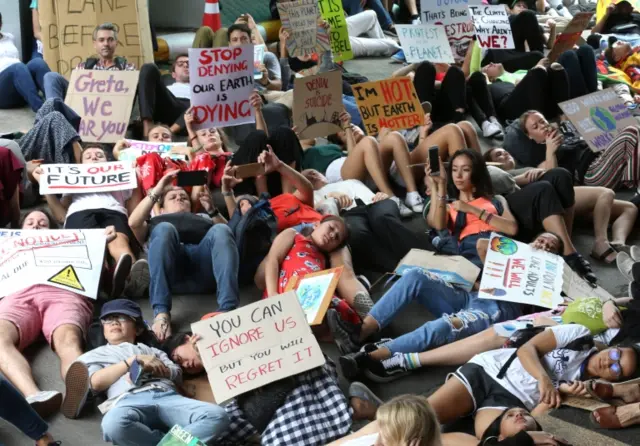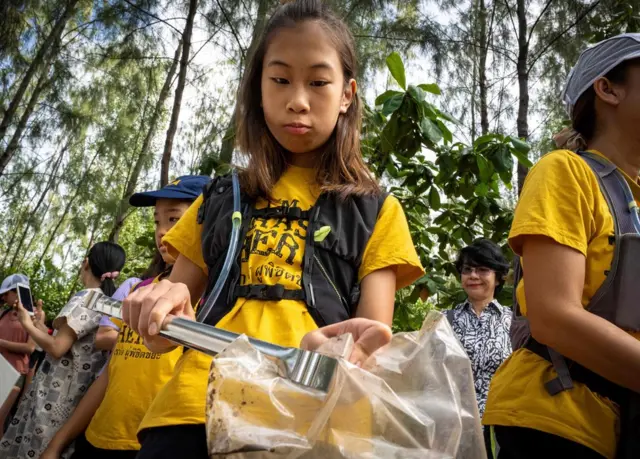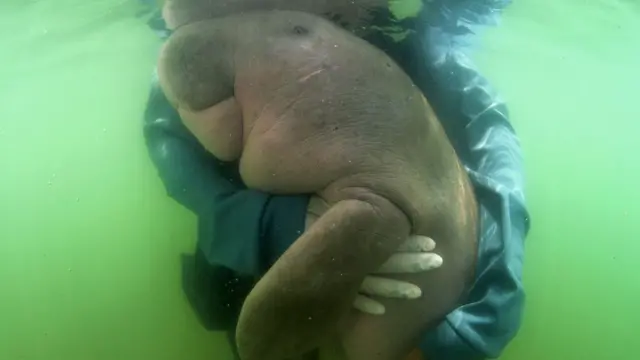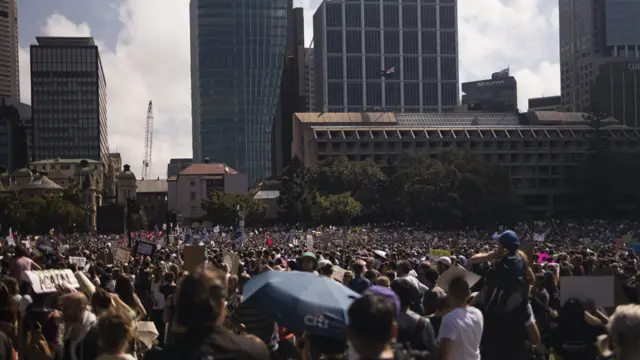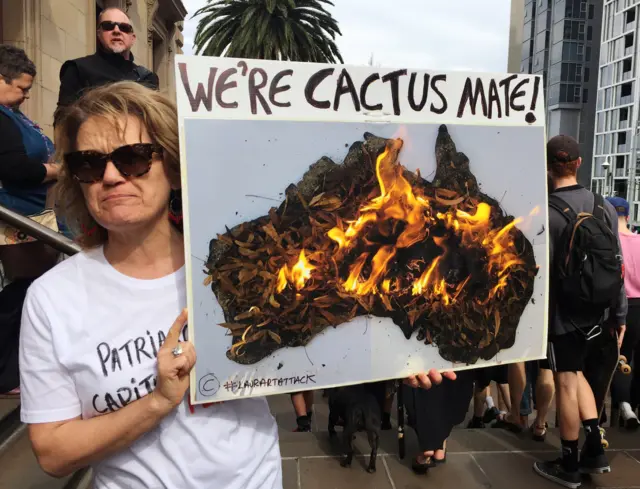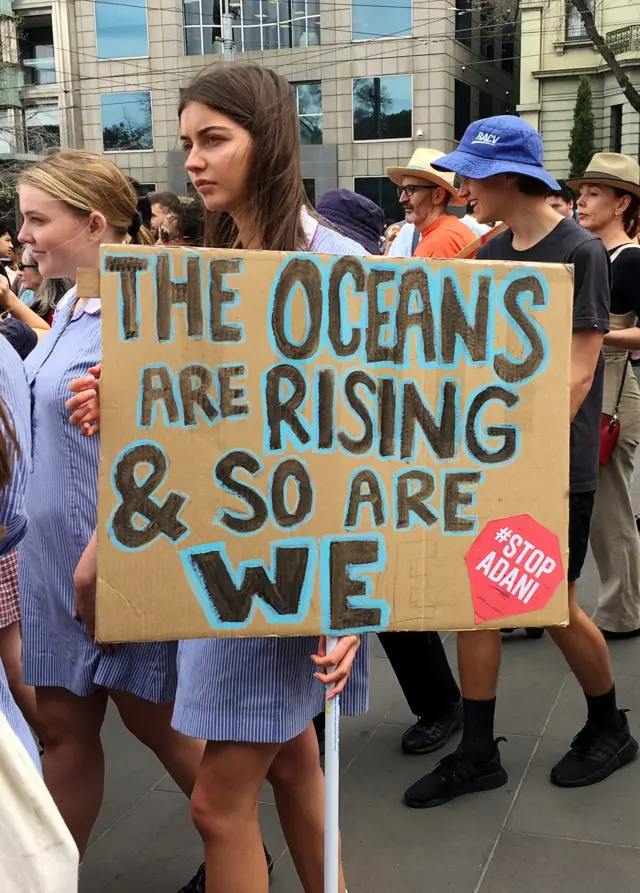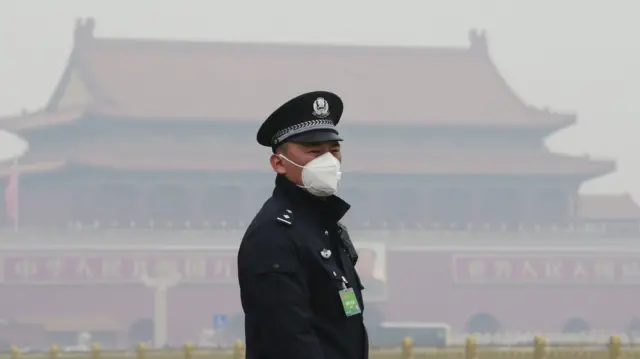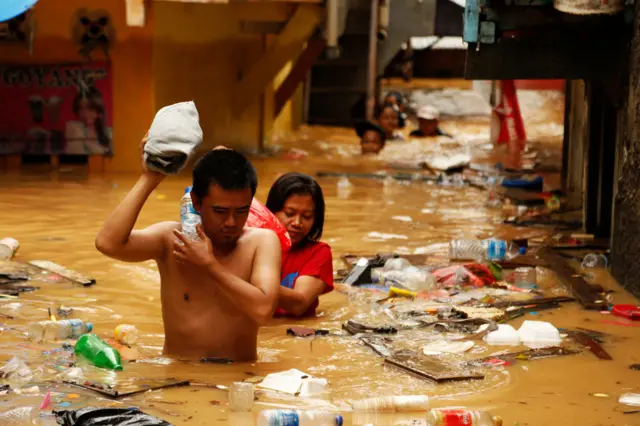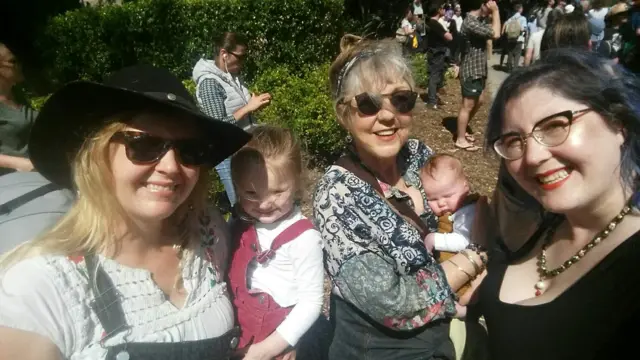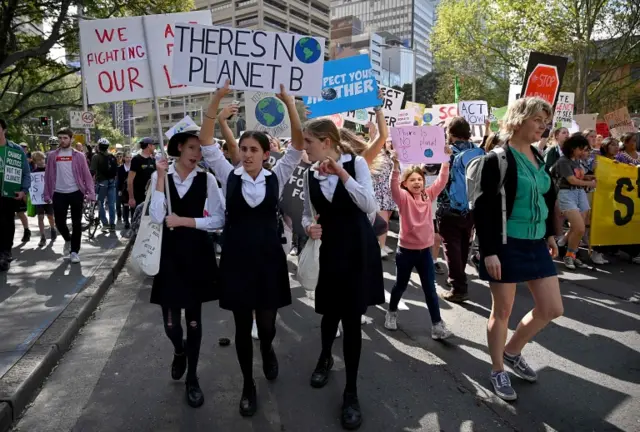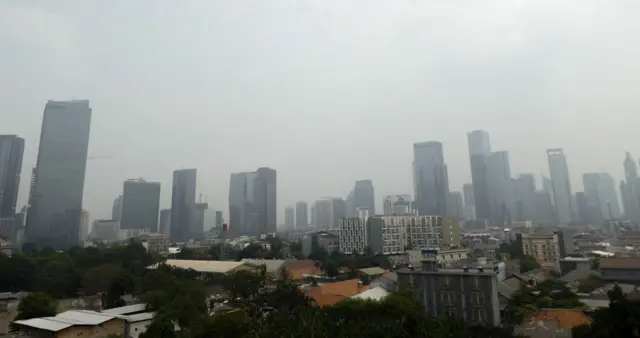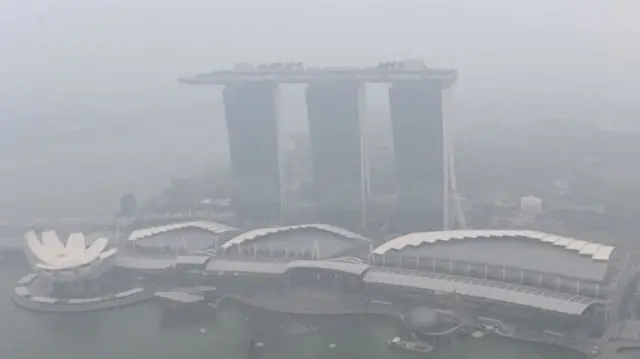Sydney hands over to Londonpublished at 08:11 BST 20 September 2019
Anna Jones
Singapore
The rallies across Australia are still going strong, but the BBC team in Sydney is now handing control over to London. In Singapore, we're keeping across events in Asia - there's more to come from our colleagues in Delhi too. Later today, the BBC's environment correspondent will be on hand to answer your questions about climate change.
Keep a window open on your desktop today, or if you're on the BBC News app, you can add climate change as a topic, to follow all our coverage on the issue.
